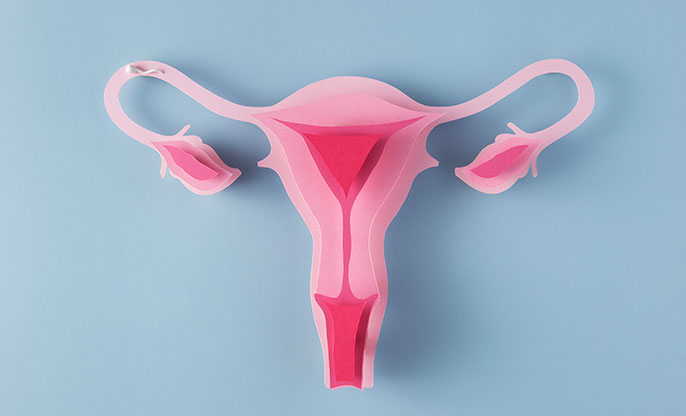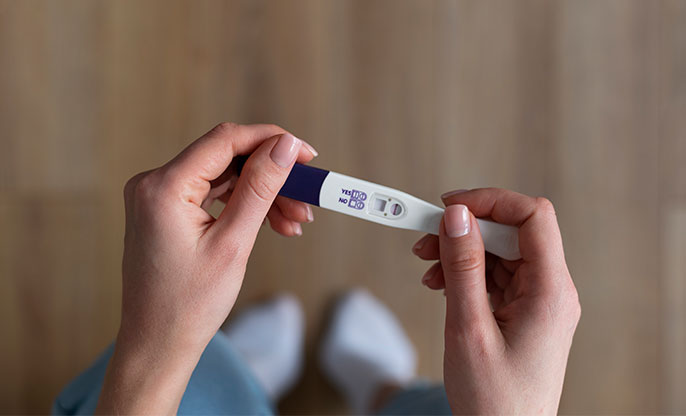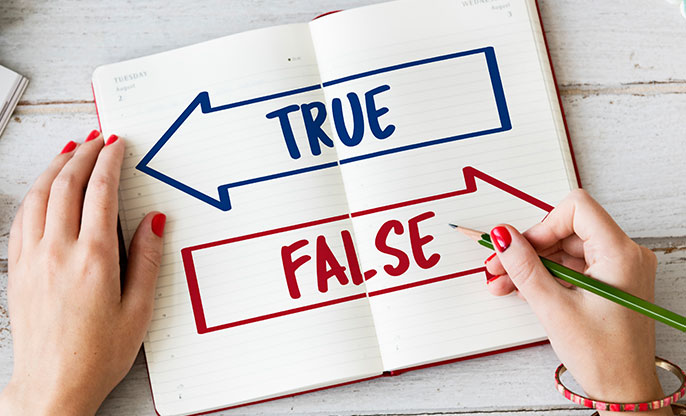
In this article you will learn about:
Hormonal Imbalance
Causes of hormonal imbalance
Prevention and treatment of hormonal imbalance
You're likely to be familiar with the term "hormone imbalance." Let's unpack it in detail. A hormonal imbalance occurs when your body produces too much or too little of one or more hormones, which can significantly impact your health. Hormonal imbalances can arise from many different causes, including stress, poor nutrition, genetics, environmental toxins, and certain medical conditions.
It's also important to understand that the hormones in our bodies are all connected. They interact in complex ways, and any changes in one hormone can cause shifts in others. This means a hormone imbalance should never be viewed as an isolated issue rather it can be related to other imbalances that can trigger symptoms like fatigue, difficulty sleeping, or difficulty regulating your mood.
Causes of hormonal imbalance:
If you're trying to conceive a child, knowing what leads to hormonal imbalance is important, as this can play a major role in your fertility journey.
Stress: Stress can increase your body's cortisol levels and cause imbalance in other hormones such as progesterone and estrogen.
Poor Diet: Eating a diet high in processed foods and sugars can decrease vital hormones like progesterone and estrogen.
Exposure to Toxins: Exposure to toxins such as heavy metals and pesticides can disrupt the delicate balance of hormones in the body, potentially leading to hormonal imbalance.
Low Vitamin D or Magnesium: These important vitamins and minerals play a role in hormone production and regulation, so low levels may lead to hormonal imbalance.
Prevention & Treatment
Diet & Lifestyle changes: Making lifestyle changes can be one of the most effective methods for overcoming hormonal imbalances. Eating a well-balanced diet, exercising regularly, reducing stress levels, and monitoring your weight can help establish balance in your body.
Herbal Supplements: Some people have found that herbal supplements are useful in helping to restore balance in the body. If you're looking into the supplement world, consult a doctor first, as some of them may need to be balanced by other medications or nutrition.
Hormone replacement therapy (HRT): Hormone replacement therapy is another possible way of rectifying hormonal imbalances. In this procedure, doctors use hormones like estrogen and progesterone to help restore balance in your body.
Diet & Lifestyle changes: Making lifestyle changes can be one of the most effective methods for overcoming hormonal imbalances. Eating a well-balanced diet, exercising regularly, reducing stress levels, and monitoring your weight can help establish balance in your body.
Herbal Supplements: Some people have found that herbal supplements are useful in helping to restore balance in the body. If you're looking into the supplement world, consult a doctor first, as some of them may need to be balanced by other medications or nutrition.
Hormone replacement therapy (HRT): Hormone replacement therapy is another possible way of rectifying hormonal imbalances. In this procedure, doctors use hormones like estrogen and progesterone to help restore balance in your body.
If you're struggling with hormonal imbalance, there's no need to feel discouraged. Taking the time to identify your symptoms, determine the underlying causes, and seek the proper treatments can help you chart a course for improved health and future wellness.


































